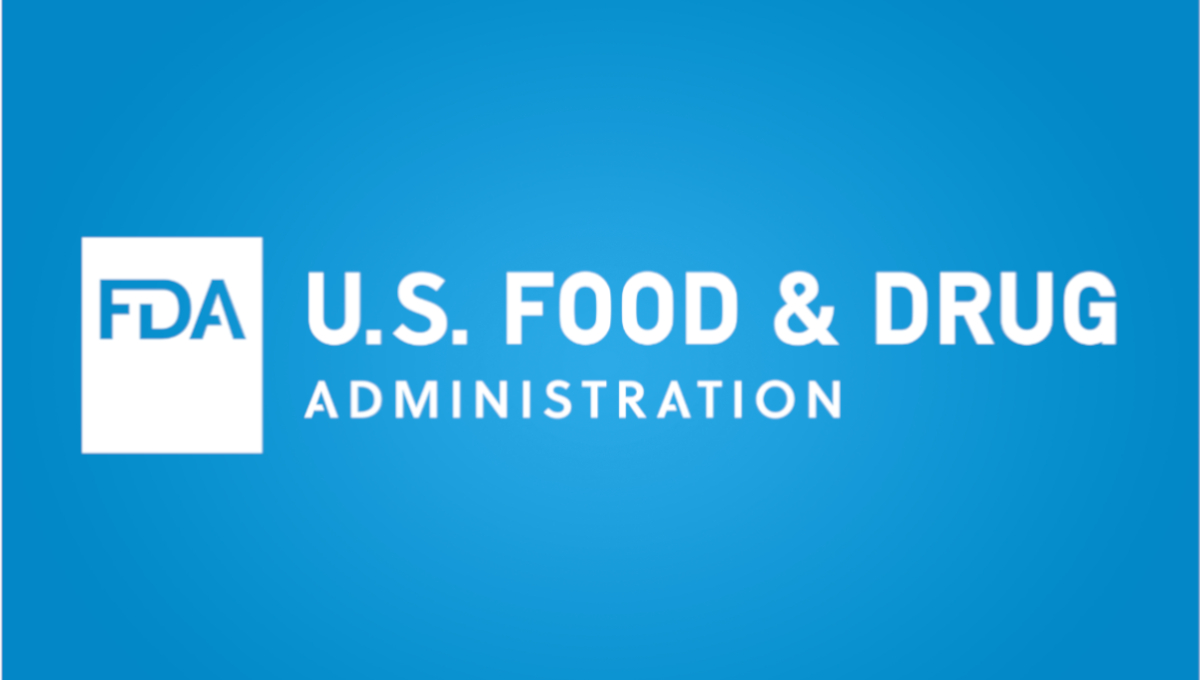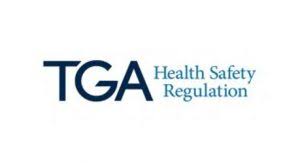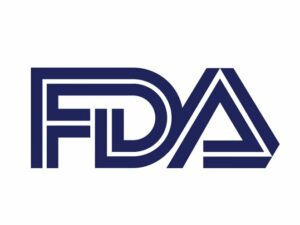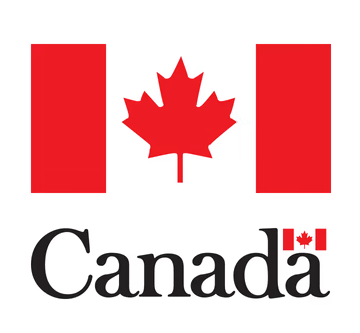The article highlights the aspects related to the rights and responsibilities of Institutional Review Boards in the context of informed consent.

Table of Contents
The Food and Drug Administration (FDA or the Agency), the US regulating authority in the sphere of healthcare products, has published a guidance document dedicated to the concept of informed consent.
The document provides an overview of the applicable regulatory requirements, as well as additional clarifications and recommendations to be considered by medical device manufacturers and other parties involved to ensure compliance thereto.
At the same time, provisions of the guidance are non-binding in their legal nature, nor are they intended to introduce new rules or impose new obligations
Moreover, the authority explicitly states that an alternative approach could be applied, provided such an approach is in line with the existing legislation and has been agreed with the authority in advance.
The scope of the guidance covers, inter alia, the responsibilities of the parties involved. This includes a detailed description of the role and responsibilities of Institutional Review Boards.
In-Depth Review of Informed Consent Materials
According to the guidance, concerning clinical investigations, all the parties involved and Institutional Review Boards (IRBs), clinical investigators, and sponsors have a shared duty to confirm that the informed consent process is both comprehensive and compliant with the applicable regulatory requirements.
The appropriate regulations set a baseline for what should be presented to prospective subjects for informed consent.
Beyond this minimum requirement, consent forms may include additional information that might impact the subjects’ rights, welfare, or willingness to participate in a specific clinical study.
This additional information can have, inter-alia, such details as specific financial relationships and vested interests in the research.
By the applicable regulations, namely 21 CFR 56.109(a), the IRB has the authority to either approve, mandate modifications to or disapprove any research activities falling under the scope of IRB regulations.
As part of this role, the IRB can review and approve consent forms that meet all essential requirements outlined in 21 CFR part 50.
Consent Process Review
It is important to mention that the role of the IRB is not limited to document approval; but extends to overseeing the entire consent process.
Investigators should describe to the IRB how they plan to obtain informed consent.
In its turn, the IRB should ensure this process occurs in an environment that minimizes the potential for coercion or undue influence, allowing adequate time for prospective subjects to consider their options and ask questions.
The IRB should have procedures in place to review new findings or modifications that arise during the study and affect participants’ rights or welfare.
Identifying and Managing Revised Consent Forms
Apart from the responsibilities outlined, the IRB should have mechanisms in place to distinguish updated consent forms, to avoid the unintended use of outdated forms.
In this respect, that authority also mentions that even though not mandatory, date stamps can be useful for identifying the most recent versions, so the parties involved are encouraged to use them.
In summary, the informed consent process in clinical investigations requires efforts from all the parties involved, IRBs, clinical investigators, and sponsors.
The existing legal framework provides detailed rules and requirements to be followed for the protection of study participants.
The present guidance outlines the responsibilities of IRBs and their authorities in the context of informed consent.
How Can RegDesk Help?
RegDesk is a holistic Regulatory Information Management System that provides medical device and pharma companies with regulatory intelligence for over 120 markets worldwide. It can help you prepare and publish global applications, manage standards, run change assessments, and obtain real-time alerts on regulatory changes through a centralized platform. Our clients also have access to our network of over 4000 compliance experts worldwide to obtain verification on critical questions. Global expansion has never been this simple.
Want to know more about our solutions? Speak to a RegDesk Expert today!
-->- SEO Powered Content & PR Distribution. Get Amplified Today.
- PlatoData.Network Vertical Generative Ai. Empower Yourself. Access Here.
- PlatoAiStream. Web3 Intelligence. Knowledge Amplified. Access Here.
- PlatoESG. Carbon, CleanTech, Energy, Environment, Solar, Waste Management. Access Here.
- PlatoHealth. Biotech and Clinical Trials Intelligence. Access Here.
- Source: https://www.regdesk.co/fda-guidance-on-informed-consent-irbs/
- :has
- :is
- :not
- 50
- a
- About
- access
- activities
- Additional
- Additional Information
- advance
- affect
- agency
- alerts
- All
- Allowing
- also
- alternative
- an
- and
- any
- applicable
- applications
- applied
- approach
- appropriate
- approval
- approve
- ARE
- arise
- article
- AS
- ask
- aspects
- assessments
- Authorities
- authority
- avoid
- Baseline
- BE
- been
- both
- business
- but
- by
- CAN
- centralized
- CFM
- change
- Changes
- clients
- Clinical
- clinical trials
- Communication
- Companies
- compliance
- compliant
- comprehensive
- concept
- concerning
- Confirm
- consent
- Consider
- considered
- context
- could
- covers
- created
- critical
- Date
- dedicated
- describe
- description
- detailed
- details
- device
- distinguish
- document
- drug
- during
- efforts
- either
- encouraged
- ensure
- Entire
- Environment
- essential
- Even
- existing
- expansion
- expert
- experts
- extends
- Falling
- fda
- financial
- findings
- followed
- For
- forms
- Framework
- from
- GIMP
- Global
- global expansion
- Group
- guidance
- Have
- healthcare
- help
- highlights
- holistic
- How
- HTTPS
- identifying
- Impact
- important
- impose
- in
- include
- includes
- influence
- information
- informed
- Institutional
- Intelligence
- intended
- interests
- introduce
- Investigations
- Investigators
- involved
- IT
- ITS
- jpg
- Know
- Legal
- legal framework
- Legislation
- Limited
- Line
- manage
- management
- management system
- managing
- mandate
- mandatory
- Manufacturers
- Markets
- max-width
- May..
- mechanisms
- medical
- medical device
- Meet
- meeting
- mention
- mentions
- might
- minimizes
- minimum
- Modifications
- more
- most
- namely
- Nature
- network
- never
- New
- nor
- obtain
- of
- Office
- on
- Options
- or
- Other
- our
- outlined
- outlines
- over
- overseeing
- overview
- part
- participants
- participate
- parties
- People
- Pharma
- Place
- plan
- platform
- plato
- Plato Data Intelligence
- PlatoData
- potential
- Prepare
- present
- presented
- procedures
- process
- Products
- prospective
- protection
- provided
- provides
- publish
- published
- Q&A
- Questions
- real-time
- recent
- recommendations
- regulating
- Regulation
- regulations
- regulatory
- related
- Relationships
- requirement
- Requirements
- requires
- research
- respect
- responsibilities
- review
- rights
- Role
- rules
- Run
- same
- scope
- set
- shared
- should
- Simple
- So
- Solutions
- Source
- speak
- specific
- Sponsored
- Sponsors
- standards
- States
- Study
- such
- SUMMARY
- system
- that
- The
- their
- Them
- they
- this
- though?
- Through
- time
- to
- together
- trials
- Turkish
- TURN
- under
- updated
- us
- use
- Verification
- want
- Welfare
- WELL
- What
- Willingness
- with
- working
- worldwide
- you
- zephyrnet













